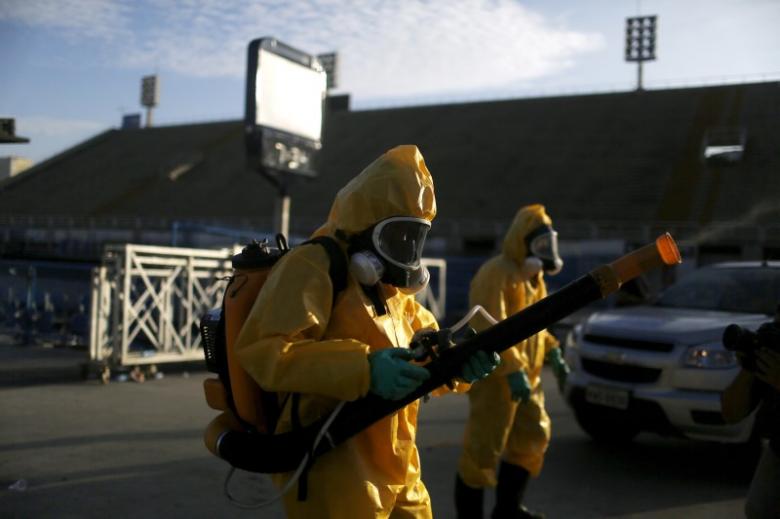Brazil announced on Thursday an end to the state of emergency that was forced due to the outbreak of the Zika virus.
The country imposed the public health emergency for 18 months after the outbreak created a global scare.
The mosquito-borne virus was not considered a major health threat until the 2015 outbreak revealed that Zika can lead to severe birth defects. One of those defects, microcephaly, causes babies to be born with skulls much smaller than expected.
Photos of babies with the defect spread panic around the Western Hemisphere and around the globe, as the virus was reported in dozens of countries. Many would-be travelers canceled their trips to Zika-infected places. The Centers for Disease Control and Prevention and others recommended that women who were pregnant shouldn’t travel to affected areas. The concern spread even more widely when health officials said it could also be transmitted through sexual contact with an infected person.
In response to the outbreak, Brazil launched a mosquito-eradication campaign. The Health Ministry said those efforts have helped to dramatically reduce cases of Zika. From January through mid-April, the Health Ministry recorded 95 percent fewer cases than during the same period last year. The incidence of microcephaly has fallen as well.
The World Health Organization lifted its own international emergency in November, even while saying the virus remained a threat.
“The end of the emergency doesn’t mean the end of surveillance or assistance” to affected families, said Adeilson Cavalcante, the secretary for health surveillance at Brazil’s Health Ministry. “The Health Ministry and other organizations involved in this area will maintain a policy of fighting Zika, dengue and chikungunya.”
All three diseases are carried by the Aedes aegypti mosquito.
But the WHO has warned that Zika is “here to stay,” even when cases of it fall off, and that fighting the disease will be an ongoing battle.
Adriana Melo, the Brazilian doctor who raised alarm bells in the early days of the outbreak about a link between Zika and birth defects, said the lifting of the emergency was expected following the decline in cases.
“The important thing now is that we don’t forget the victims,” said Melo.
In contrast, Venezuela’s infant mortality rose 30 percent last year, maternal mortality shot up 65 percent and cases of malaria jumped 76 percent, according to government data, sharp increases reflecting how the country’s deep economic crisis has hammered at citizens’ health.
The statistics, issued on the ministry’s website after nearly two years of data silence from President Nicolas Maduro’s leftist government, also showed a jump in illnesses such as diphtheria and Zika. It was not immediately clear when the ministry posted the data, although local media reported on the statistics on Tuesday.
Recession and currency controls in the oil-exporting South American nation have slashed both local production and imports of foreign goods, and Venezuelans are facing shortages of everything from rice to vaccines. The opposition has organized weeks of protests against Maduro, accusing him of dictatorial rule and calling for elections.
In the health sector, doctors have emigrated in droves and patients have to settle for second-rate treatment or none at all. A leading pharmaceutical association has said roughly 85 percent of medicines are running short. Venezuelans often barter medicine, post pleas on social media, travel to neighboring countries if they can afford it, or line up for hours at pharmacies.
The Health Ministry had stopped releasing figures after July 2015, amid a wider data blackout. It was not clear why it published this latest batch of data.
Its statistics for 2016 showed infant mortality, or death of children aged 0-1, climbed 30.12 percent to 11,466 cases last year. The report cited neonatal sepsis, pneumonia, respiratory distress syndrome, and prematurity as the main causes.
Cases of Zika rose to 59,348 from 71 in 2015, reflecting the spread of the mosquito-borne virus around Latin America last year. There was no data for likely Zika-linked microcephaly, where babies are born with small heads, although doctors say there have been at least several dozen cases.
